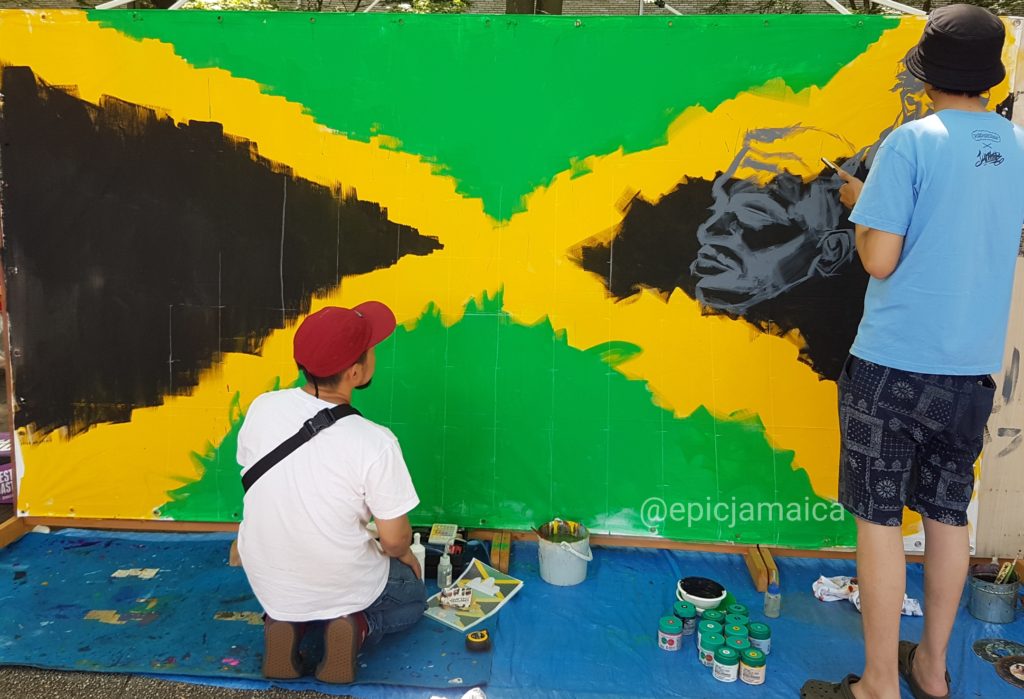Should Jamaicans in the diaspora be allowed to vote in local elections?
I’ve encountered this question in one form or another over the last few years and my answer has always been a categorical NO.
As a Jamaican living abroad for the last four years, I fully understand why many of us feel disenfranchised. Jamaicans in the diaspora make significant contributions to the development of the country, not least of which by remittances. According to a 2017 report by the Planning Institute of Jamaica, Jamaicans at home received US$2.3 billion in remittances in 2016, accounting for 16.1% of GDP. The diaspora invests in businesses and real estate; many are extraordinary ambassadors for the country’s culture in their adopted homelands.

I am not advocating that Jamaicans overseas shouldn’t have a say in the country’s governance. However, there are several factors for consideration about a system whereby Jamaicans living in foreign countries could vote en masse in local elections.
The first is the size of our diaspora. PIOJ statistics estimate the Jamaican diaspora to be, at a minimum, 73% of the country’s population, numbering between 1.7 and 3 million. I don’t have data to prove this hypothesis but many Jamaicans abroad (myself included) tend to be highly patriotic, perhaps as a way to compensate for the distance between us and our native culture. We’re often more in tuned with happenings in Jamaica even more than some at home. This is why, given the historically low voter turnout in general elections, it is not unreasonable to assume that Jamaicans in the diaspora might be much more zealous about the opportunity to cast their ballots. If that happens, Jamaica could end up with a government chosen by people far removed from the realities on the ground, and who do not have to live with the ramifications of the choice they made.
Secondly, Jamaica is one of those countries that allows citizenship by descent, meaning someone who wasn’t born here but has at least one Jamaican parent can apply for citizenship on that basis. If citizenship is granted, this person would then have all the rights of a Jamaican citizen including the right to vote. Of course, one has to be enumerated with a verified Jamaican address, which in our current climate of corruption is an easy hurdle for those intent on influencing our elections.

Third, the issues of good governance and corruption in government should be addressed before we can even begin to think about granting voting rights to Jamaicans living overseas. How would this voting process be managed and secured? Do we trust our political parties not to manipulate this to their advantage? On another point, how would constituencies fare when incumbent and aspiring politicians divert their attention to wooing an influential diaspora?
Notwithstanding these issues, I do support a simplified system for Jamaicans in the diaspora to get enumerated. This could be in the form of a partnership between the Electoral Office of Jamaica and Jamaican embassies and overseas missions to facilitate a voter registration and verification process so that those who wish to exercise their franchise can get on the voters list. Thereafter, Jamaicans who wish to vote in local elections can go home and do so hassle free.
In conclusion, I’m not convinced that giving voting rights to Jamaicans in the diaspora is in the best interest of Jamaicans at home. Moreover, I highly doubt whether this is an issue of high priority in the diaspora. Do Jamaicans abroad have the urge to vote all of a sudden when at home we often don’t know the name of our political representatives or even the right name of our constituencies? Let’s fix the issues at home first.
We are Germans, living in Switzerland since 10 years now – no citizenship yet. We are not allowed to vote here. In Germany we could vote via letter, but not for all elections. I wish, we could vote in all elections in Germany. Our families lives completely in Germany. We think, with our view out of the distance, we could give other inputs.